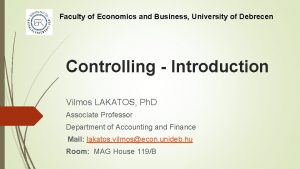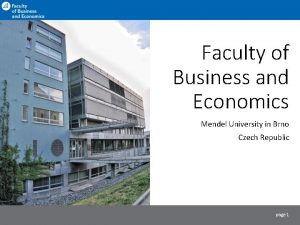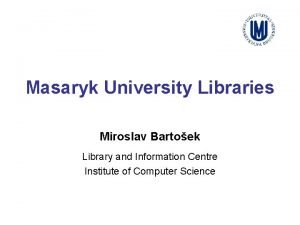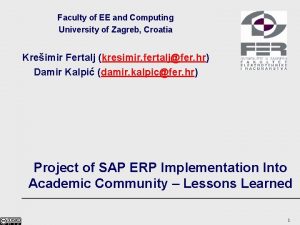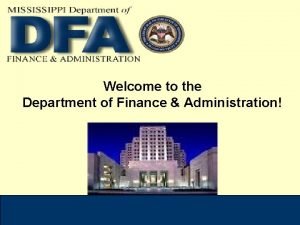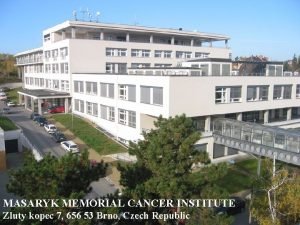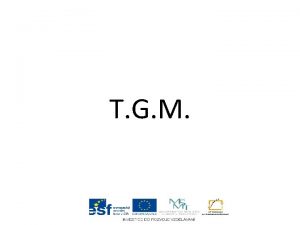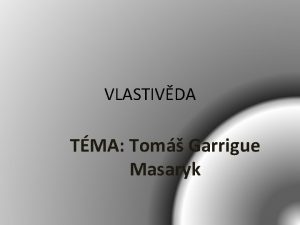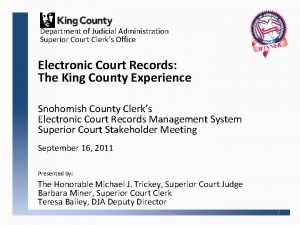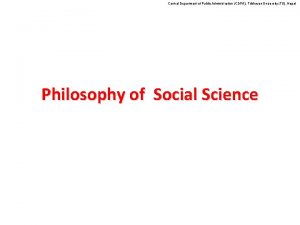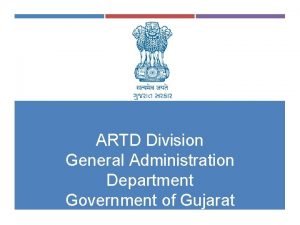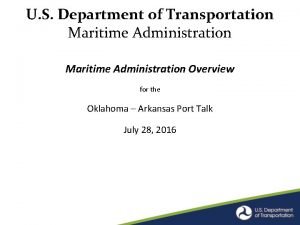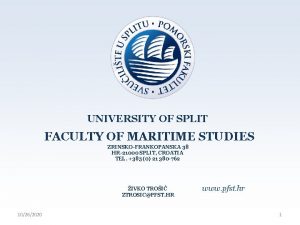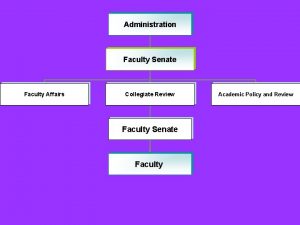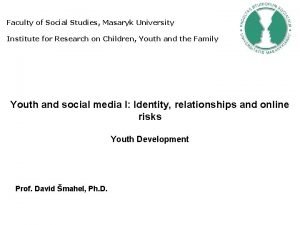Masaryk University Faculty of Economics and Administration Department






















- Slides: 22

* Masaryk University Faculty of Economics and Administration, Department of Corporate Economy Ing. J. Skorkovský, CSc.

* * Theory of Constraints * Critical Chain (DBR) * Ishikawa Fishbone Diagram (Total Quality Management) * Pareto Analysis , ABC, EOQ, Six Sigma and Ishikawa * OLAP (On-Line Analytic Processing) * Kepner –Tregoe methodology * Max and Max. Min (Hurwitz) * SWOT, BOSTON and Gartner Magic matrices * ERP Statistics and Reporting * Little´s law * Yield Management * Forward Exchange Contracts * Balanced Scorecard * Production algorithms (MRP, MRP-II, JIT, APS) * Warehouse Management advanced methods –see slide 20 * And many, many more…. . Methods marked by red colour were used

BS and OM – slide from Balanced Scorecard show (will be presented again in BS context) Finances – how should we look to our shareholders ? Processes – at which business processes must we excel ? Customers – how should we look to our customer ? Learning and Growing – how will we sustain our ability to change and improve ? Project management Workflow Production Linear programming Total quality management Drum –buffer -rope MRP-MRPII, JIT, APS Cutting, blending Pareto, ishikawa CONWIP Logistics Theory of constraints Critical chain EOQ, ABC Little´s law Product postitioning Business Intelligence Gartne r QM Decision making Yield management Kepner. Tregoe Boston Matrix Hurviwtz Prospect theory

* Simplified diagram of ERP usage ERP Transaction = Entries Partners DB Enterprise ERP Reports Forms Information (trends) Information Decision Knowledge of methods for process management and used metrics Key decision Key knowledge

*Wholesale-paper-warehouse management-ERP

* 100 000 Tones per Year * Carbonless papers * Cast coated papers and Board * Coated papers Products * House brands * Office papers * 5000 locations in HQ and 40 000 M 2 warehousing space * 50000 customers * 90 vehicles * FEC trading (Forward Exchange Contracts) * Hundreds of employees * Heterogeneous IT system with every day synchronization of data in HQ and subsidiaries * High volume-low margin type of business

*One database only (MS SQL) for HQ and 3 subsidiaries *Modern IT technology ensuring : * Fast access to data providing on-line information any time * Easy upgrades * Mobile technologies (BAR code readers, . . ) * Quick response to business partner requirements * Multidimensional analytic tool->reporting to support decision making process * Efficient warehousing (inbound and outbound operations) * On-line reporting (warehouse status, accounting, cost control, …. . )

* Isolated Data Islands Marketing Accounting Island Management Accounting Customers Banks Quality Management Production Island Marketing & Sales Islands Customer Orders Replenishment planning - Vendors Quality Management Island Sales Representatives Island of Deliveries Inventory -warehousing 8

One Solution One Database Management * All Microsoft Marketing Warehouse Customer (pickers and pullers) support Internal Sales Reporting One Company Database (paper shop) Accounting Sales Representatives Customers Credit limits, rebates, consignment stock Shareholders Planning Purchase-Vendors FEC, transport, . .

Communications limits (band width, stable connection…)

–(only a few examples) * Receipt bins (area where lorries are unloaded) * Put-away to bins (racks) based on zones definition * Capacities of the bins (racks) – (weight, size) * Cross docking (from inbound are directly to outbound area) * Transfer between location (HQ and subsidiaries) * Picking slips (from rack to shipment area) * Shipments area (bins, cages) * Transport planning * Credit limits and overdue payment check * Invoices, Credit memos, …. * Claim management




* *Budget <->Quote and contract *Planning of resources and task control *Planning tools – see following slides *Reporting (time-capacity usage, costs, …) *Change management *Project Risks *Consignment stock * CPM, PERT, CCPM – will be mentioned later

* = palette Requests Wholesaler Transfer Customer Partial invoice after 1 month (one palette) Wholesaler Partial invoice after 2 months (one palette) Final invoice after 3 months Remaining stock

* (home study only) spot Opened from Purchase order (MS Dynamics NAV 2013)

* *Study materials *Key users – roles, processes *Training : planning *Examination *Change management

* *Budget (financial and resource capacities) *Data transfers (old sysetm- >new system) *Setup of the ERP system (MS Dynamics NAV) *Tests *Evaluation od customized solution *Change management *Sharp start *Closing project –evaluation

Steps in the model based problems solving process Formulate problem Define goal Create model Real system Verification of validity Experiments Evaluate model Model application Formulate cognition (knowledge) * Source : Nyhuis, Wiendahl, Fundamentals of Production Logistics na Warehouse management

* * Data transfer * Setup of the system * Role Tailored Clients- profiles, Approvals * Tests * Evaluation * Change management * Sharp start (Namibia and SA) * Closing project * Next stages

 Ascaris lumbricoides ova
Ascaris lumbricoides ova Chronic meningitis
Chronic meningitis Mendel university faculty of business and economics
Mendel university faculty of business and economics Elearningunideb
Elearningunideb Mendel university faculty of business and economics
Mendel university faculty of business and economics Masaryk university library
Masaryk university library Erp sysetm
Erp sysetm Is muni cz
Is muni cz Ceitec masaryk university
Ceitec masaryk university Maastricht university economics and business economics
Maastricht university economics and business economics Faculty of economics and business zagreb
Faculty of economics and business zagreb Ms department of finance and administration
Ms department of finance and administration Mississippi department of finance and administration
Mississippi department of finance and administration Nit calicut chemistry department faculty
Nit calicut chemistry department faculty Tomáš garrigue masaryk prezentace
Tomáš garrigue masaryk prezentace Masaryk memorial cancer institute
Masaryk memorial cancer institute Ach synku, synku masaryk
Ach synku, synku masaryk Tomáš garrigue masaryk prezentace
Tomáš garrigue masaryk prezentace King county ecr
King county ecr Central department of public administration
Central department of public administration Artd gujarat
Artd gujarat Us department of transportation maritime administration
Us department of transportation maritime administration University of split faculty of maritime studies
University of split faculty of maritime studies



